Running a Linux distribution from a USB flash drive or USB key is now a common practice, but running more than one on the same USB key would be really cool. On any UNIX-like operating system, you can use the dd command to transfer an ISO installation image to a flash drive, but not multiple images. That is, setting up a Linux USB multiboot on a flash key from a Linux distribution is, as far as I am aware of, not possible.
On Windows, however, Your Multiboot Installer (YUMI) makes the process as easy as can be. YUMI is one of the applications I wrote about in 4 gui applications for installing Linux from USB key. This article features screen shots to show the process of multibooting more than one Linux installation image on a USB key.
These screen shots show how I used it to “install” Ubuntu 12.10 and Fedora 18 on the same 8 GB USB flash drive.
This is YUMI’s window. The Ubuntu 12.10 installation image was on the disk already, so I just needed to point YUMI to it, made sure that the USB key was selected clicked Create.

Yes.

Yes, of course!

Repeated the process with Fedora 18.

And just like that, I have two Linux installation images on the same USB key.

This is YUMI’s boot menu. Not the prettiest, but this is not a beauty contest.

This is the Ubuntu 12.10 end of the boot menu.

And this is the Fedora 18 end of it.

YUMI is a cool application, and it’s Free Software, released under the GPL version 2. The question that I have, and a few readers have asked here, is why is there no Linux edition. And if the author is not interested in coding one, why can’t some other coder grab the source and port it to Linux.
After 4 gui applications for installing Linux from USB key was published, a reader referred to another application with the same functionality as YUMI called MultiSystem. It runs on Ubuntu, so I’ll take it for spin later today to see how it compares to YUMI. YUMI, by the way, is available for download from here.

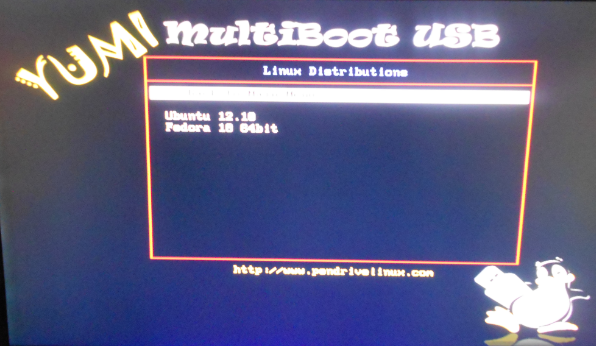
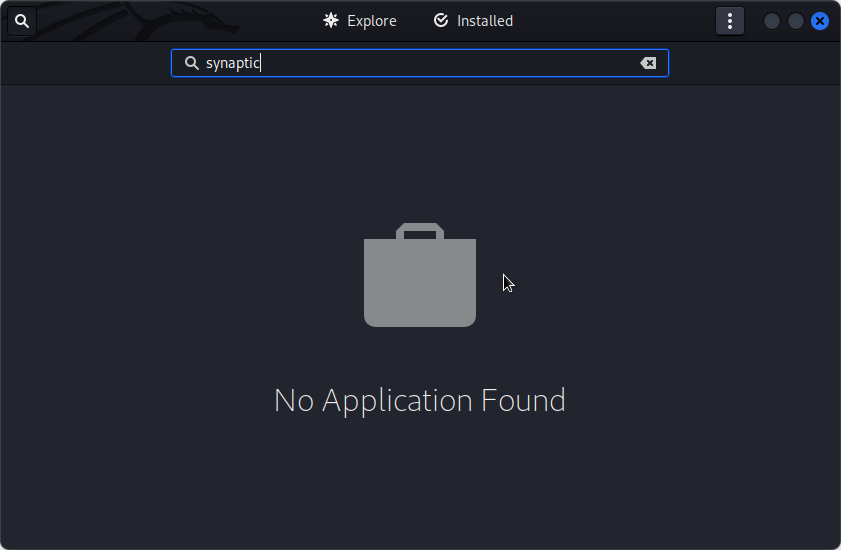
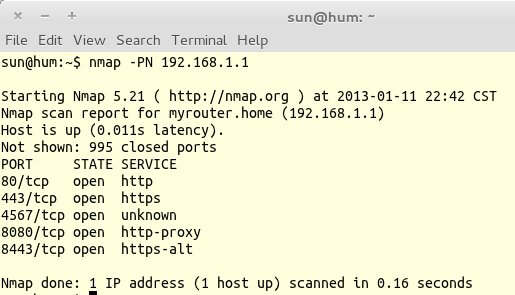
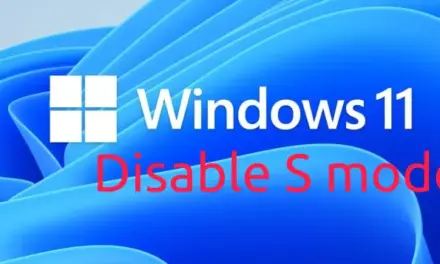
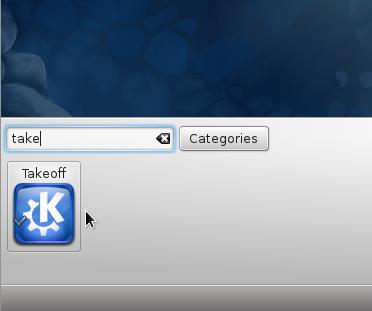


Should I install multiple images in yumi?
“…a reader referred to another application with the same functionality as YUMI called MultiSystem. It runs on Ubuntu, so I’ll take it for spin later today to see how it compares….”
I look forward to your report on MultiSystem and how you manage to get it running under Ubuntu (assuming you’re successful). I couldn’t figure out how to do it (my inability to read French is probably part of it).
It runs under Ubuntu, but why does it have to install all that stuff with it. And I hate having to consult documentation just to use a graphical application.
Don’t know why, but Multisystem is not detecting my USB key, so I can’t write anything at this point.
However, a simple guide on its usage is at http://www.pendrivelinux.com/multiboot-create-a-multiboot-usb-from-linux/
Thanks!
Quote
That is, setting up a Linux USB multiboot on a flash key from a Linux distribution is, as far as I am aware of, not possible.
Answer
You do need to catch up with what can be done when it comes to multibooting Linux distribution on a flash drive without using windows, I have several Linux distributions on 8 and 16 gig flash drives, I can add and remove distros at will, I don’t have windows on any of my systems what so ever. Thank you, you have just reminded me I need to install my multiboot flash drive software on my systems and to check if the software has been updated since I used it last year, If you would like to know more you can email me
Well, how about you just share it with the rest of us here. Just give us the URL of the software you used. Thank you.
To multiboot on linux you can use Multi system : http://liveusb.info/dotclear/
The website is in french but easy to understand. You can buy keys or make it yourself for free. Very powerful !
There is a ppa for ubuntu : http://liveusb.info/dotclear/index.php?pages/install
Enjoy 😉
^ What obrowny06 said 🙂
It got a mention in Multiboot Linux distributions from one USB key.